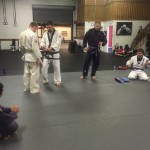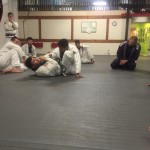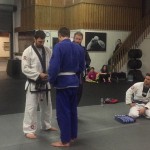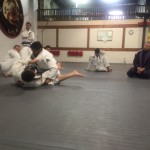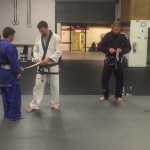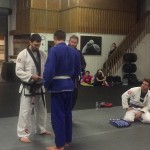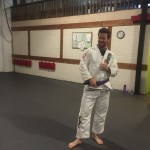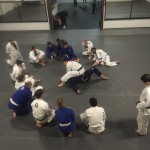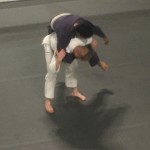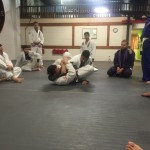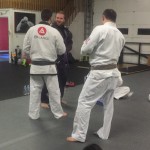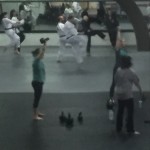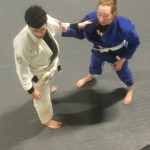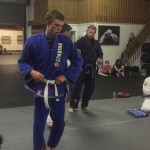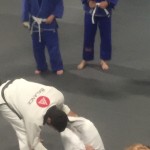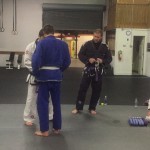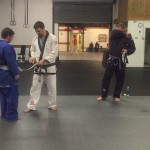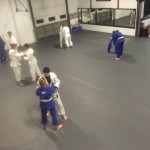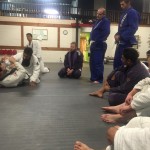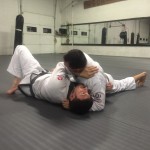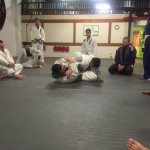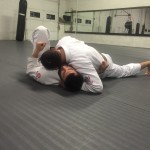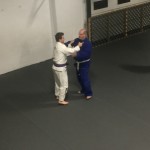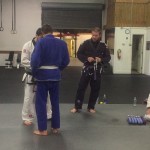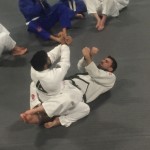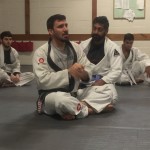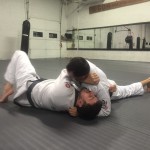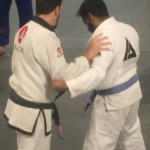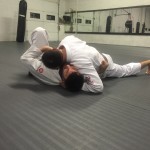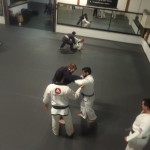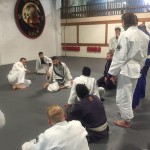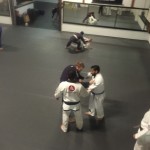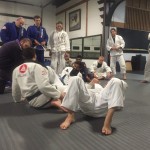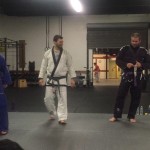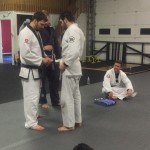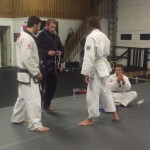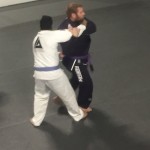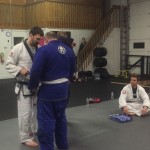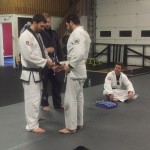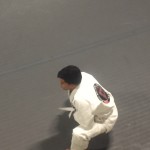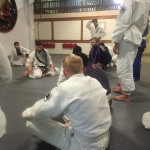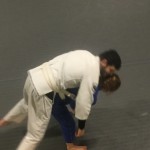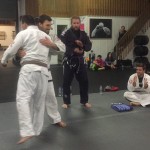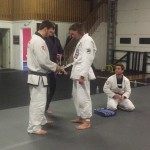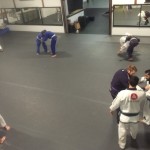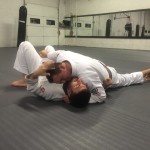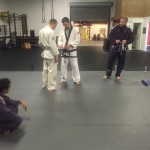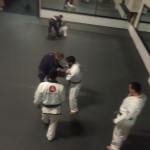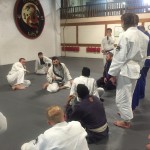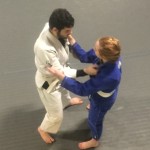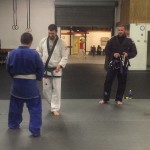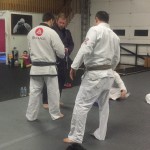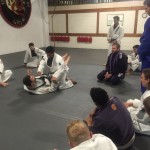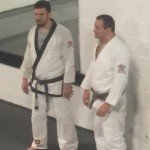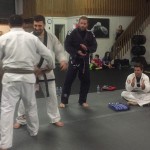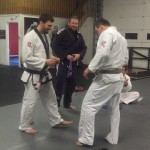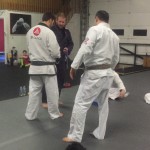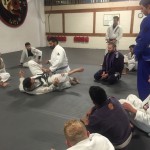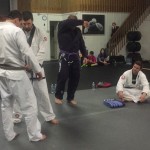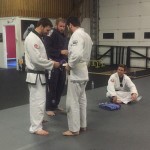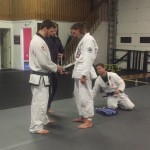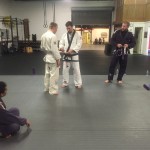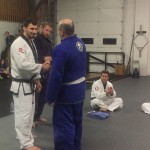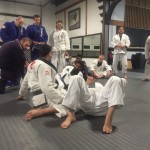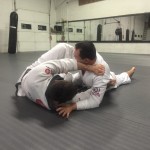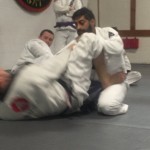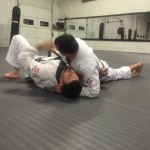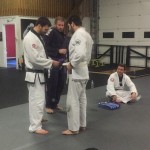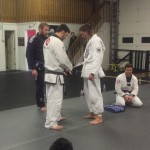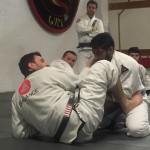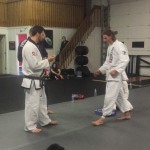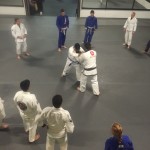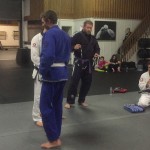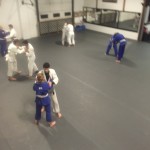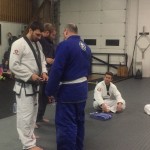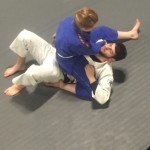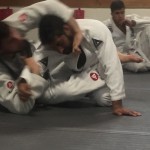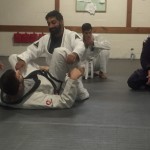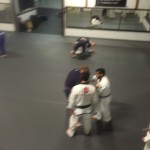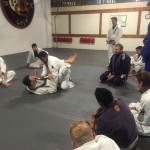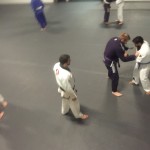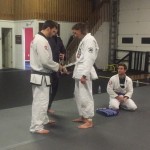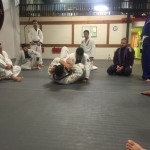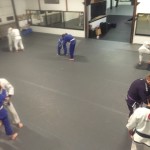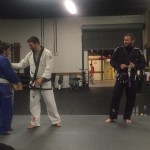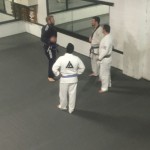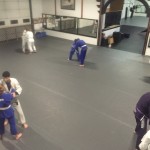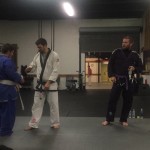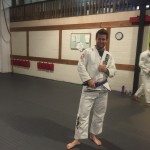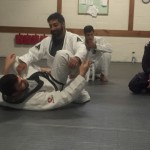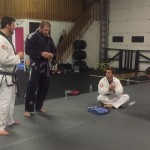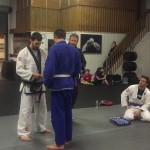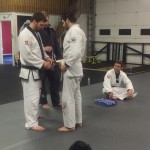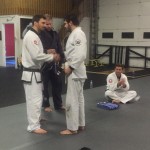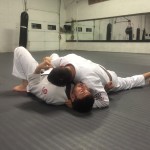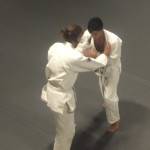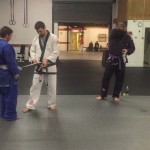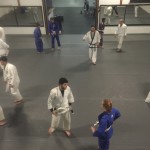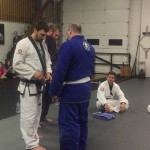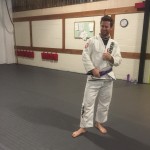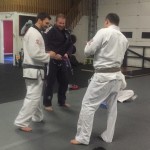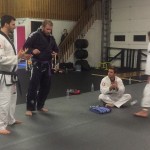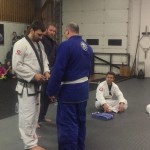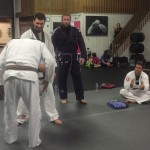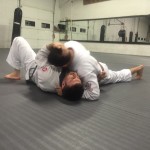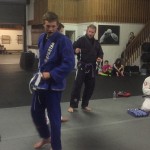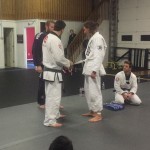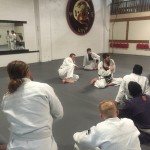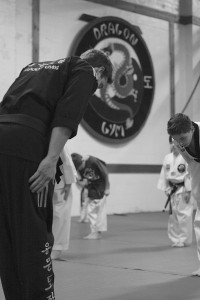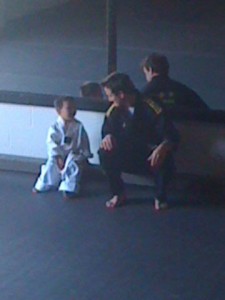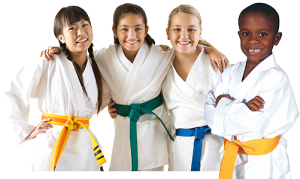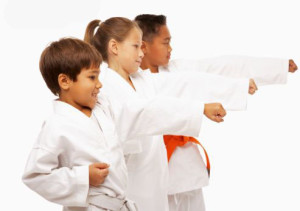




Patience with Kids
A few years back Master Som did an interview and was asked what he thought was the most important quality of an instructor was and his response was patience. After reflecting on that answer when considering patience with kids, I couldn’t agree more. Let’s take a look at what patience really means.
Defined by the dictionary it goes as follows
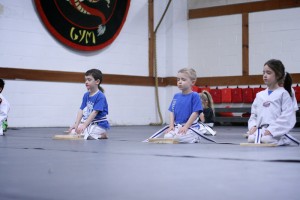 Patience is an ability or willingness to suppress restlessness or annoyance when confronted with delay.
Patience is an ability or willingness to suppress restlessness or annoyance when confronted with delay.
For a teacher, the delay in this case is that of a slow learner. But what is the definition of a slow learner and what are we comparing it to in order to reach that conclusion? It is compared to our ability as teachers or do we equate it to that of the kids in that particular group?
I can tell you as an instructor and teacher myself for the past thirteen years I often found my patience being tested when I compared the student to my own level of intelligence. I would make connections to the way I learned and could not understand why my five year old student couldn’t grasp a particular technique or learn a segment of movements in order, even when I explained it in the simplest of ways.
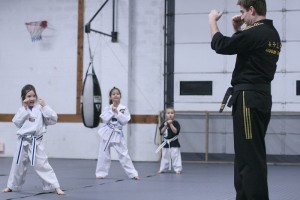 I think a lot of adults, teachers or not, have experienced this frustration at some point.
I think a lot of adults, teachers or not, have experienced this frustration at some point.
I began to read about the differences in development of kids between the ages of three and six and this started me on the road to understanding and gave my patience the medicine it needed.
Once I understood some of the things I will tell you later, I began to be able to speak to my students in a way that was clearer to them even if it was not the way I though it should have been done. I surrendered to the science and placed my trust in those who did the “foot-to-pavement” research.
Here are some of the things I found when I combined the reading and research and also formulated some of my own ideas and finding over the years. Don’t get too excited, I’m not giving away too many of my secrets!
Still developing GROSS motor patterns (big movement patterns) therefore should not be expected to perform fine motor pattern movements with any proficiency yet
Limited vocabulary- speaking to them as an adult will get you nowhere. Using the most rudimentary language will get your point to their brain fast!
Intellectually kids in this age group can only hear, process and perform about two commands so telling a child in this age group to be quite, sit still, color and remember to eat a peanut and jelly sandwich when he/she is done is futile.
This last point has helped me immensely in my teaching because it has enabled me to communicate to the kids what I want from them in a way they clearly understand. Here is an example for you
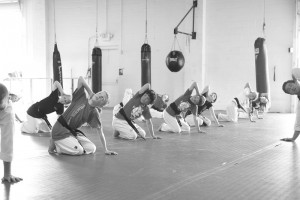 The lesson of the day is front kick for my 3-4 year olds. Anyone who knows how to perform a front kick (or teep) knows that there are many moving parts. Knee up, extend leg, knee back, hands up, say HIYA!, among many other intricacies.
The lesson of the day is front kick for my 3-4 year olds. Anyone who knows how to perform a front kick (or teep) knows that there are many moving parts. Knee up, extend leg, knee back, hands up, say HIYA!, among many other intricacies.
Now, if you were to explain this to a 3-4 year old in that format the only thing they will remember is the last thing they hear so here is how I break it down.
“Ok kids! Now we are going to do front kick, ok? ONE, lift your leg like this. Two, kick your leg like this. Ready? ONE, TWO.
Notice I didn’t even address keeping the hands up, saying HIYA or anything else for that matter. Some people may watch this and wonder why I am not showing all the different important parts within a properly performed front kick. For this, some things are better left unsaid.
Once the student has a proper grasp of the first two commands I then introduce another two then repeat the process until all the facets of a front kick are completed. Patience, YEAH!
This process continues to grow as does the child. A five and six year old will be able to hold onto about two to four commands at once and a seven to nine year old possibly up to five commands at once.
Try this the next time you are instructing, teaching, or even parenting.
Experimentation with each age group is a great way for you to collect your own data and build a great blueprint for clear instructions for any child you may be helping.
Sincerely,
Lonnie Beck
Master Instructor
Dragon Gym Martial Arts & Fitness
Master Lonnie Beck is the head instructor of Dragon Gym's Pee Wee Program. This program is specifically designed with a class structure and curriculum ideal for the student ranging from 4-6 years old.
If you are interested in classes, please email changeyourlife@dragongym.com or fill out the form to the top right. Thank You!

